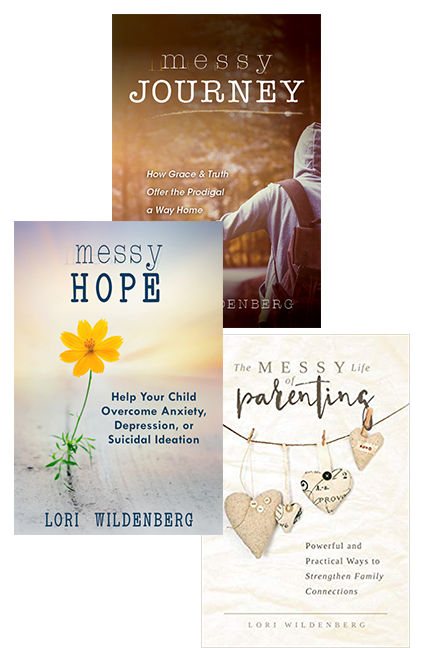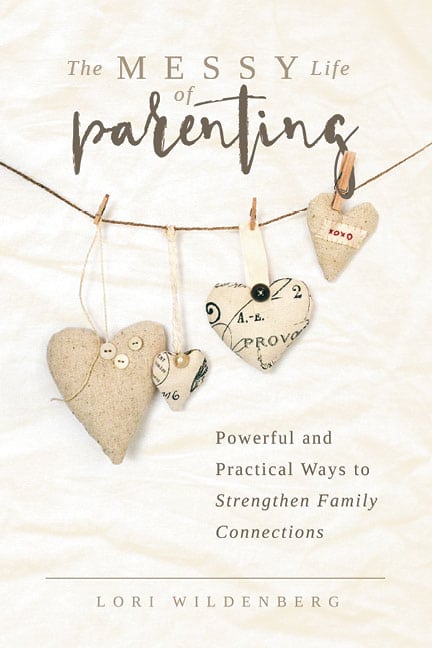From the Emotional Quotient Assessment (blog 1 in the series), how did you respond to this question? (Click here for the full emotional quotient assessment. )
Is your child able to state his concerns constructively?
This can only be done if your child can label his feelings. Kids would can speak feelings. When feelings are wrapped into words, self -awareness occurs— setting the stage of emotional intelligence to increase.
Little ones understand and speak happy, mad, and sad. Increase their emotion language by going deeper. Introduce a new feeling word that is in the realm of happy, mad, or sad. Then pose a question to encourage the child’s awareness of the emotion he is experiencing.
Steps to Self-Regulation
Recognize the feeling. The ability to know how and when one feels and behaves a particular way provides valuable insight about individual needs, personal preferences, hot spots or triggers. Click here to read the blog on awareness.
2. Develop expressive language skills:
Identify the emotion. The skill of articulating emotions can be developed with practice. Increase the feelings vocabulary. Click here for a helpful tool in naming emotions. (The feelings wheel is said to be developed by Dr. Gloria Willcox )
3. Increase personal responsibility: Own it. Articulate the feeling. “Yes I feel…..” By saying “I feel upset” rather than “You made me angry” shifts the ownership of feelings and emotions from another back to oneself. Our feelings and our behaviors belong to us. This is perhaps the most difficult step. Often we prefer to blame someone else for “making” us feel or act a particular way. When we own it, we are empowered to put solutions back under our control.
4. Implement self-management:
Move it. Move from lower brain reaction to upper brain response.
Recognize emotion, name it, own it…then move it to upper brain thinking so stage is set for problem solving and strategizing solutions. Critical thinking is a higher level brain activity. This is the place to operate from in order to solve a problem.
How to move it is the topic of the next blog in this series on EQ.
20 Questions to Assess Your Child’s Emotional Quotient ( #1 in the series)
How to Train Your Kids to Self Regulate ( #2 in the series)
Lori Wildenberg is a licensed parent and family educator and co-founder of 1Corinthians13Parenting.com , Lori’s newest parenting book is available on Amazon or at your favorite bookstore. Messy Journey: How Grace and Truth Offer the Prodigal a Way Home. Contact Lori for your next event or for parent consulting or parent training courses. Lori can also be found mentoring over at the MOMS Together community on Facebook.






